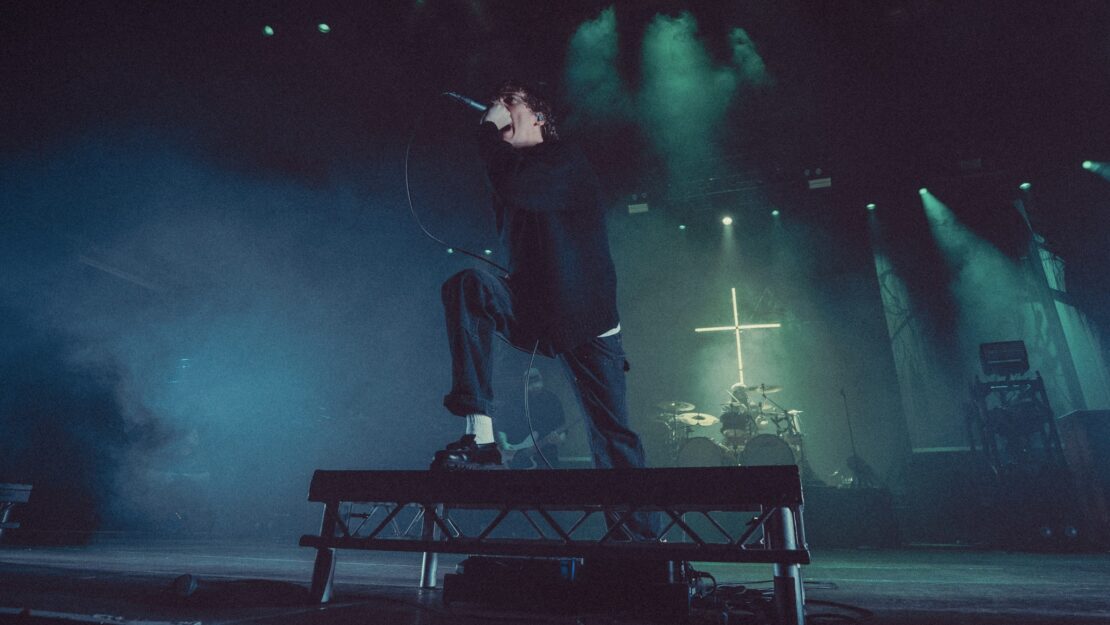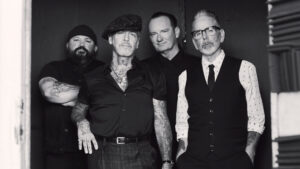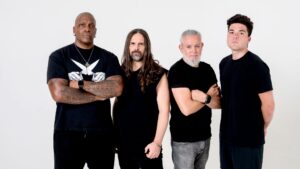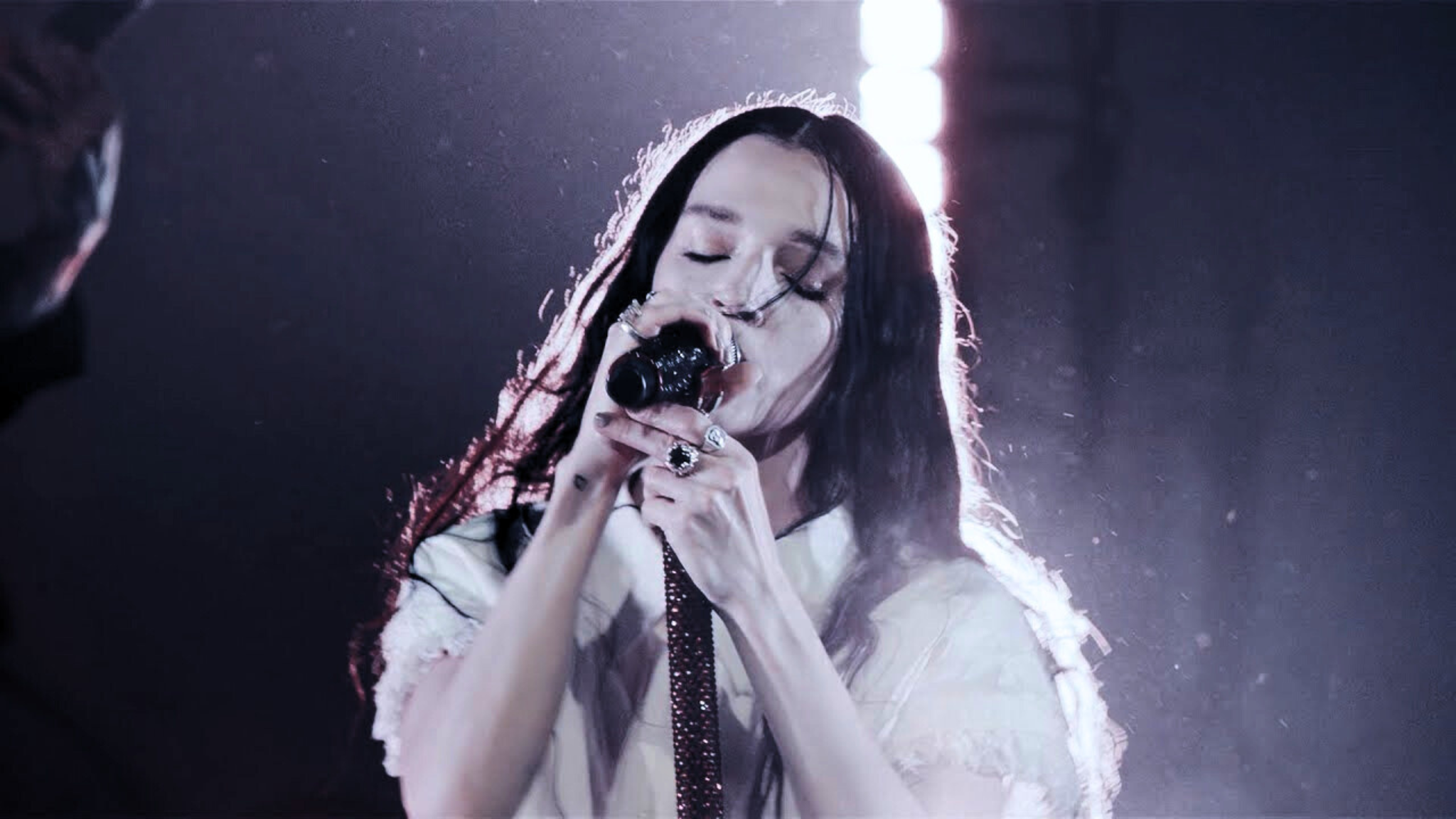 Tour
Tour
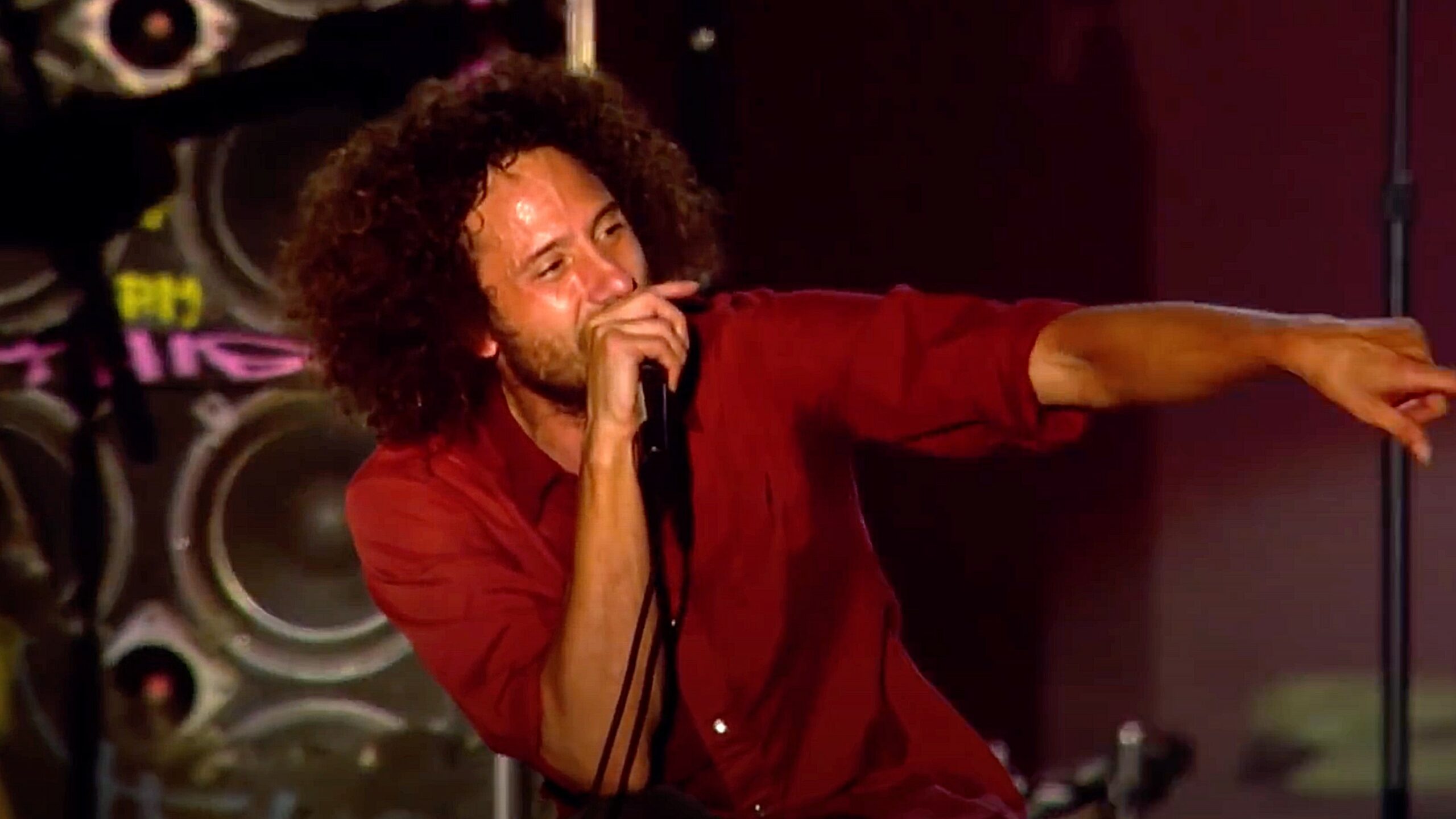
News
News
Rage Against The Machine: Das steckt hinter „Killing In The Name“
Der Song hat bereits 28 Jahre auf dem Buckel.
VON
Redaktion
AM 19/08/2020
Geschätzte Lesezeit:
- Minuten
Artikel teilen:
Hört man den Namen Rage Against The Machine, so kommt man nicht drumherum, sofort den Track „Killing In The Name“ im Ohr zu haben. Der Song des Selftitled-Debütalbums von anno 1992 ist ein Protestsong gegen Rassismus und Polizeigewalt und dadurch (leider) zeitlos.
Gitarrist Tom Morello erläuterte in einer neuen Episode von Rolling Stone Music Now nun, was genau es mit der Bedeutung des Stücks auf sich hat.
Rage Against The Machine-Gitarrist Tom Morello über die Bedeutung von „Killing In The Name“
Demnach sei die Textzeile „Fuck you, I won’t do what you tell me“, die auf Frontmann Zack de la Rocha zurückgeht, für Morello eine Referenz auf den Schriftsteller Frederick Douglass. Douglass wurde lange Zeit als Sklave gehalten und später als Schriftsteller erfolgreich.
Er führt aus, dass nicht die physische Befreiung aus den Fängen seines Sklaventreibers seine wirkliche Befreiung gewesen sei, sondern die Tatsache, dass er seinem Meister widersprechen konnte.
„‘Fuck you, I won’t do what you tell me’ is a universal sentiment. While it’s a simple lyric, I think it’s one of [Zack de la Rocha’s] most brilliant. And to me, it relates to Frederick Douglass. Frederick Douglass said, the moment he became free was not the moment that he was physically loosed from his bonds. It was the moment when master said, ‘Yes.’ And he said, ‘No.’ And that’s the essence of ‚Fuck you, I will not do what you tell me.‘ And that’s why it’s encouraging to hear it shouted at the Fed goons who are shooting tear gas at American citizens.“
Sie sehen gerade einen Platzhalterinhalt von YouTube. Um auf den eigentlichen Inhalt zuzugreifen, klicken Sie auf die Schaltfläche unten. Bitte beachten Sie, dass dabei Daten an Drittanbieter weitergegeben werden.
Auch die Entstehungsgeschichte des Tracks skizziert Morello genau. Demnach sei „Killing In The Name“ nicht „einfach mal so“ entstanden, sondern war ein Zusammenspiel mehrerer Faktoren.
Den Riff entwickelte Morello zum Beispiel, als er gerade eine Gitarrenstunde gab. Zach de la Rocha steuerte die Lyrics bei.
„I was teaching guitar lesson to an accomplished local scenester musician and was showing them how to play drop-D [tuning]. Maynard Keenan of Tool had taught me how to do drop-D. I was actually playing bass at the time, a crappy Ibanez bass. And I was like, ‘When you play drop-D tuning, it just sort of suggests different patterns to your fingers.’ And the first pattern I played was that riff. I said, hold on one sec, and got my little Radio Shack recorder and recorded that.
And then it was originally an instrumental. There’s a Rage Against the Machine video from Cal State Northridge – which is our first public performance – where we open the show with an instrumental version of ‘Killing In The Name’ and Timmy [Commerford], I think, came up with hat really cool [bass riff]. [Brad Wilk’s] crowd-bouncing beat is there from the very, very beginning.
And then Zack laced it with the historic lyrics. We actually left the lyrics off of the lyric sheet of the first record, because it’s I think it’s two lines, 16 ‘fuck yous,’ and one ‘motherfucker.’ And we’re like, in the midst of all this grand political poetry, let’s just that one stand for itself.
The dunna-dunt [before de la Rocha raps, ‘and now you do what they told ya’] that was an important part! I remember our A&R guy, Michael Goldstone, who’s a genius. He’s got Pearl Jam. He was really the fifth Beatle early on. He was a great help, but he wanted us to take that part out of the song.
I think he heard ‘hit single, as long as he doesn’t have that crazy part where it just stops a lot!’ That was a bit of a lift from Zeppelin’s ‘Good times, Bad Times,’ that part. We’ve felt pretty confident that needs to stay in the song, and I think history has borne that out.“
Ein Song mit Hintergrund also. Kein Wunder, dass er bis heute mitunter als bekanntester Track von Rage Against The Machine gilt.
Im Zuge der Proteste gegen Polizeigewalt und Rassismus in den Staaten wurde er u.a. vor kurzem auch von Machine Gun Kelly gecovert.
Bild: Eagle Rock / YouTube: „Rage Against The Machine – Killing In The Name (Live At Finsbury Park)“
Latest News
Live-Dates
Feature
Latest



